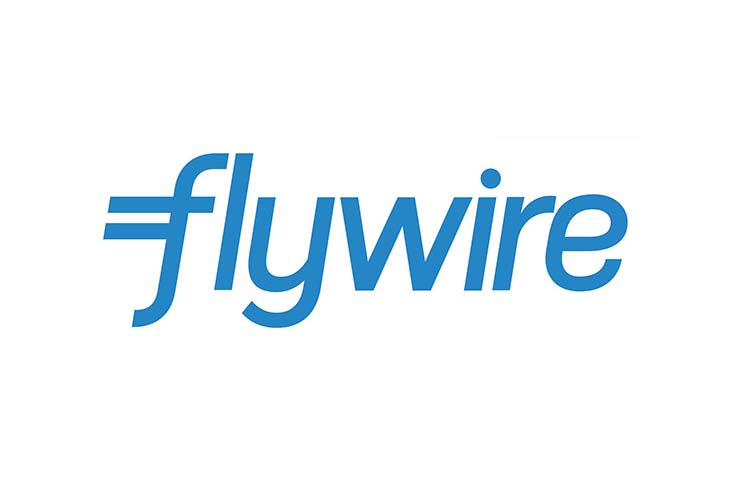Towns like Milano collect recyclable rubbish door-to-door, with residents required to separate their waste. In every building there is a designated garbage area (usually located in the internal private courtyard) where you can find different bins with specific colors. These bins are labelled to collect glass, plastic, organic waste and paper. Hereafter the list:

NEUTRAL TRANSPARENT BAG
Unsorted waste
All the trash that cannot be treated as separate waste
Collected two times a week
What to put in:
anything that cannot be separated such as, for example, dirty or oily paper, sandpaper, broken ceramic plates in general, plastic games that are are not electronic and without batteries, CDs, DVDs, music and video cassettes, vacuum cleaner filters and bags, nappies, sanitary towels, sticking plasters, disposable razors, and cigarette stubs.
What NOT to put in:
anything that can be separated excepting batteries, oils, medicines, and hazardous containers and materials (glues, paints, solvents, and insecticides), energy saving light bulbs, neon lamps.

YELLOW BAG
Plastic and metal
Plastic bottles, tubes and bags, plastic and polystyrene tubs for food, metal tins and tubes for food, cans for drinks.
Collected once a week
What to put in:
drink cans, cans for oil, jars for vegetable preserves, trays for cooking and preserving food, cans for meat, fish and legumes, cans, trays and jars for animal food, spray cans, caps, capsules and various metal closers, aluminium foil (like the roll for the kitchen and wrapping for chocolate), metal gift boxes for liquor and sweets, drums and buckets, tubes for creams and hygiene products, metal coat hangers, pots and coffee pots, cutlery, keys, padlocks and chains, small metal items.
What NOT to put in:
light bulbs, spray cans and metal containers marked as hazardous products.
 GREEN CONTAINER
GREEN CONTAINER
Glass only
Bottles, jars and vases
Collected weekly
What to put in:
bottles, jars, and vases.
What NOT to put in:
ceramic plates and cups, incandescent and energy saving light bulbs, neon tubes, mirrors, vetro-ceramic or ceramic containers (like Pyrex), drinking glasses, carafes and items made of glass, and plastic bags.
 WHITE CONTAINER
WHITE CONTAINER
Paper
Newspapers, magazines, books, notebooks, cardboard boxes, cardboard packagings, paper drink containers.
Collected weekly
What to put in:
boxes, cardboard packaging for toys and clothing, shoe boxes, paper bags, cardboard trays and boxes for foodstuffs, newspapers, exercise books and magazines (without adhesive, metal or plastic parts), cartons for drinks (milk, fruit juice, sauces, etc.), egg boxes, and pizza boxes without any leftover food.
What NOT to put in:
plastic, cellophane wrapping, fax and copying thermal paper, paper contaminated by food and/or solvents, till slips, oven paper, plasticised tickets for public transport, paper handkerchiefs, pizza boxes with leftover food, anything that is not clean paper or cardboard.
 BROWN CONTAINER
BROWN CONTAINER
Food and organic waste
Fruit and vegetables waste, meat, fish, kitchen waste, food leftovers, rice, bread, biscuits, pasta and baked food
Collected: twice a week
What to put in:
waste from the kitchen, leftover food, (after removing excess oil), various types of food without packaging, coffee grounds, tea filters, used paper tissues and table napkins, flowers, remains of and leaves from indoor plants, pizza cartons with food residue.
What NOT to put in:
liquids, oil, food packaging paper (greaseproof or plasticised paper), cigarette stubs, dust or home cleaning materials.
IMPORTANT: JUNKER is an app that helps you to separate your waste correctly and to keep the city clean. Free and easy to use, it contains complete information for correctly separating household waste, just scan the product and it will be automatically assigned to the correct bin.
If you ask, we can send you by email the official separation waste guide of Milano city.






 GREEN CONTAINER
GREEN CONTAINER WHITE CONTAINER
WHITE CONTAINER BROWN CONTAINER
BROWN CONTAINER